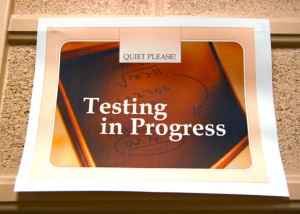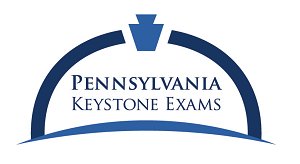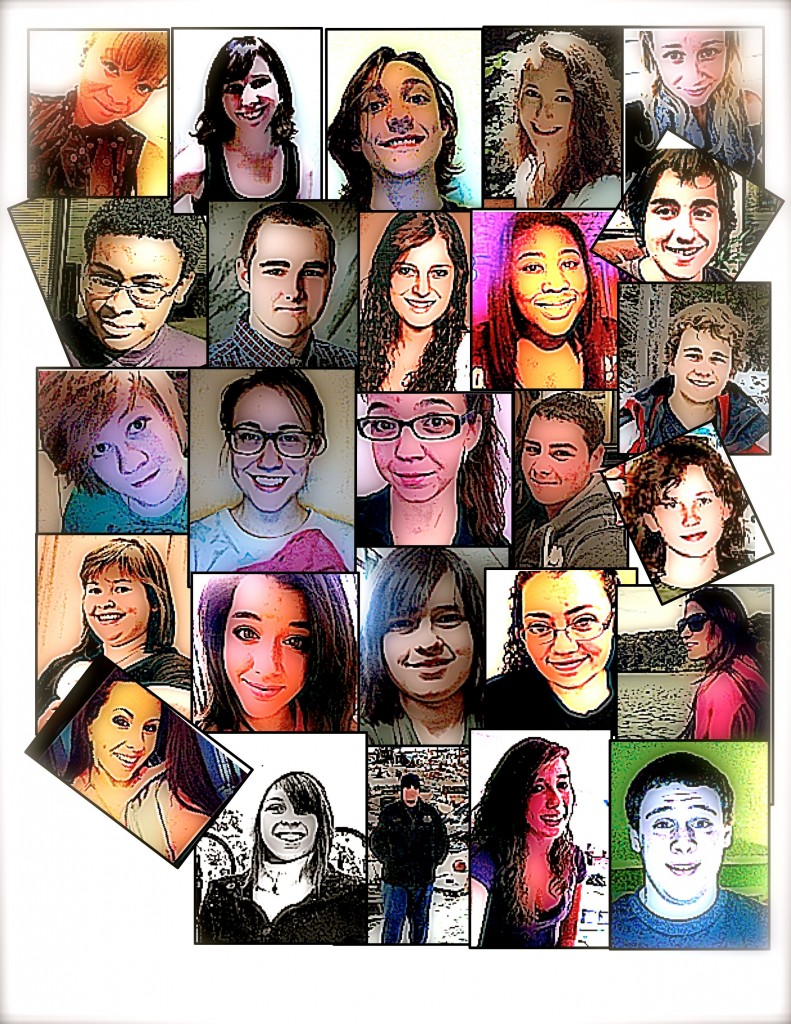It’s no secret that we’ve been fighting a battle to maintain the concept of choice in the educational landscape. Charter and cyber charter schools have given parents and children the opportunity to execute their right and freedom to choose what’s best for their learning. Unfortunately, such democratic sentiments are not shared by all citizens. This is why the battle continues. When it comes to education, some believe that too many choices are a bad thing.
 In a recent article printed by Philly.com, Inquirer columnist Karen Heller writes, “Americans are overwhelmed by choices, not all of them good.” While I can condone this statement for the sheer fact that I sometimes feel overwhelmed at the local hardware store with too many paint choices, I can’t say that Heller’s sentiment holds water when it comes to public education. And as she speaks for Americans at large, I have to ask which Americans she’s speaking for. Who agrees that choices in public education are a bad thing?
In a recent article printed by Philly.com, Inquirer columnist Karen Heller writes, “Americans are overwhelmed by choices, not all of them good.” While I can condone this statement for the sheer fact that I sometimes feel overwhelmed at the local hardware store with too many paint choices, I can’t say that Heller’s sentiment holds water when it comes to public education. And as she speaks for Americans at large, I have to ask which Americans she’s speaking for. Who agrees that choices in public education are a bad thing?
Heller’s article, titled “In Philly, the Fast Track to the Cyber-School Bottom,” goes on to express that educational options are detrimental because they are overwrought with poor alternatives. Therefore, she reasons, why offer so many options in the first place? Knowing the endless list of positive outcomes (individualized instruction, differentiated learning, special services, better student-pacing) and possibilities generated by charter and cyber charter education, my first inclination is to question whether or not Heller implicitly understands anything about charter school models, or the fundamentals of educating young people.
Secondly, I wonder which schools Heller interviewed or observed for this article. Which students, educators, or administrators did she speak with, to inquire about student learning? Outside of consulting a higher education professional (who can be viewed as considerably removed from the secondary school arena) and State Rep. James Roebuck (a passionate Democratic representative since 1985), Heller’s article does not cite any charter or cyber charter schools. It does not cite students or school district officials.
Heller’s claims are ultimately generalized and ill supported. She touts that our public school options are not “producing.” But, what is any educational institution meant to produce? Test scores? Drones who adequately respond to multiple-choice questions? Children who can check the right box on a math exam? Or is our educational system meant to teach students to think for themselves, to engage with course material, integrate it into their own thoughts, and become free-thinking, well-rounded adults who can contribute to our society? Choice is the biggest component that helps individuals grow, learn, and participate in the larger society. Their educational journey starts with finding a learning solution of best fit, and grows over time as they cultivate their knowledge through deep thought, analyzation, and consideration of larger-sweeping global philosophical problems. Students are able to consider such thought processes when they are exposed to thinks like art, culture, music, and the like.
However, Heller goes on to express that it is time to strip the educational system of multicultural education, architecture and design, and folk-arts learning. She suggests that, “What we need are strong, non-specialized schools for reading, writing, and math.” But there are two key components against this argument.
First, there is simply the fact that charter and cyber charter schools are already concentrating learning on math, reading, and writing. We do that by integrating these concepts with interesting, multifaceted concepts and subject matter like social studies, the humanities, multiculturalism, languages, and various types of art. We charge students to think about topics that speak to their interests and engage their passions and senses. We ask them to be creative, exploratory, and curious. Then, we teach them to express thoughts by reading, writing, and analyzing those ideas.
Secondly, there is the fact that structuring schools to only explore basic skills will not diversify knowledge or challenge higher order thinking skills development. It will make for rote learning that is overly focused on the acquisition of a basic skill, rather than the understanding of how to utilize a variety skills in multiple forms.
Further, it is important to note that as public institutions, charter and cyber charter schools follow the same state standards as traditional brick-and-mortar schools. This is to say that our students are held to the same high expectations seen across the state of Pennsylvania. Our curricula are aligned both to the Common Core and PA State Standards. Student learning is assessed, monitored, and driven by state certified teachers (many of whom hold certifications in more than one content area) and well-credentialed administrators. Comprehensive plans are written and released to the state to show accountability not only for school operations, but also for student learning. The plans are sent to the state annually to show what changes and improvements are being made, what challenges are faced, and how growth potential will evolve over time. Assessment and culpability are rampant in all the public schools across the state.
Finally, I think it’s critical to recognize that while parents and students have maintained the right to educational choice, charter and cyber charter schools are thriving. The population in PA is speaking for itself. They want to see continued growth in these alternative forms of education. They feel that their children are being successful. They feel confident in their learning, and they are leaving school with a different perspective of education.
Heller’s article tells us, as a cyber charter community and a public educational community, that informing the general public of the successes of charter and cyber charter schools is of the utmost importance. I wish that Heller had spoken with any of our graduating seniors or alumni. They are examples of the fine individuals we have produced, who will attend tremendous higher education institutions across the country, Ivy Leagues not excluded. I wish she had spoken to the students for whom our school has been a lifeline, offering an educational option that meets their needs, builds confidence, and shows them that there is more than one way to become a successful individual. Finally, I wish others could see that while more is not always less, when it comes to public education, choice is not just a freedom in this country, it’s a right.
Remember to follow us on Twitter @21CyberSchool and “Like” us on Facebook!
















